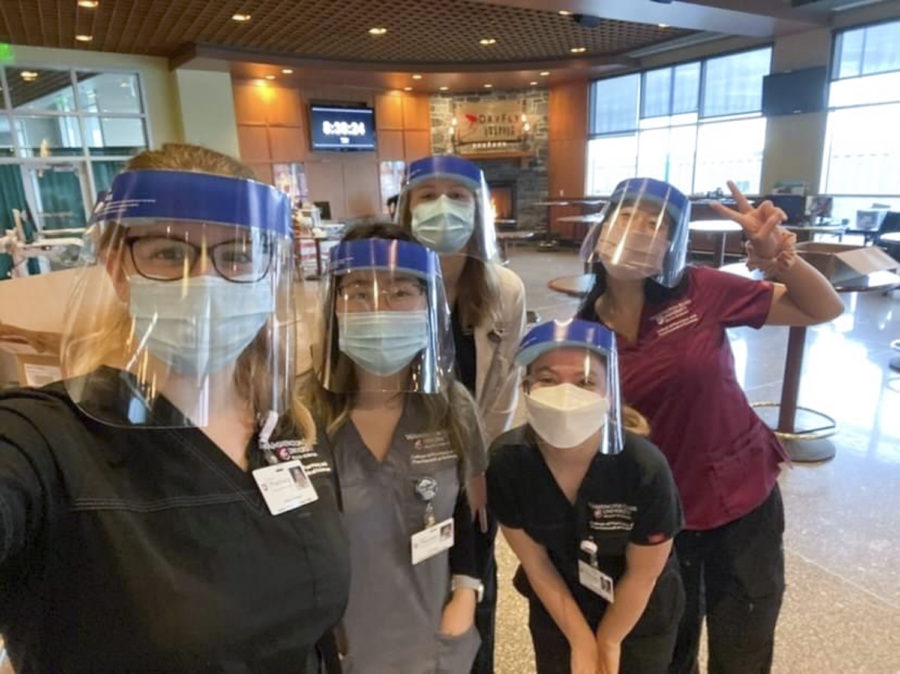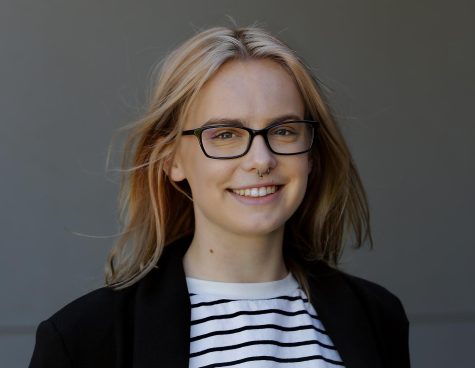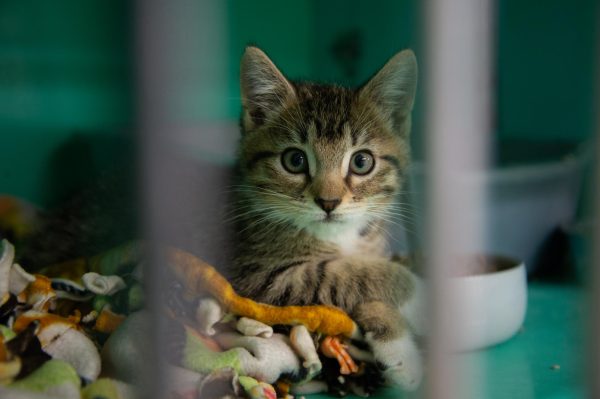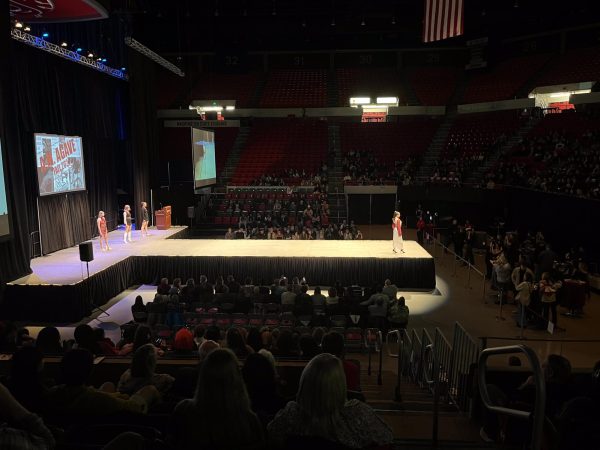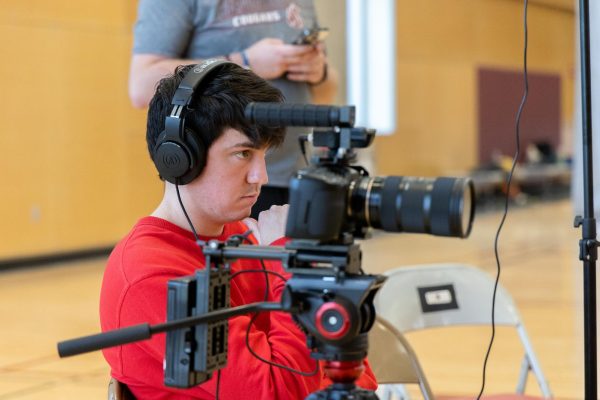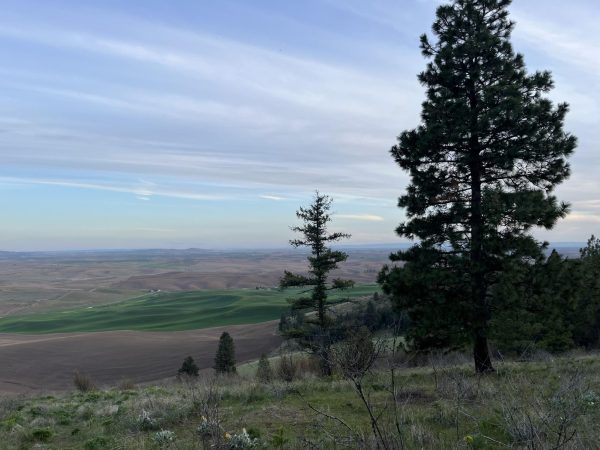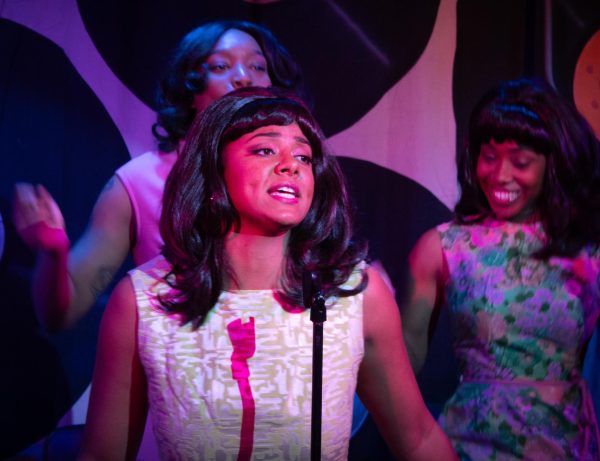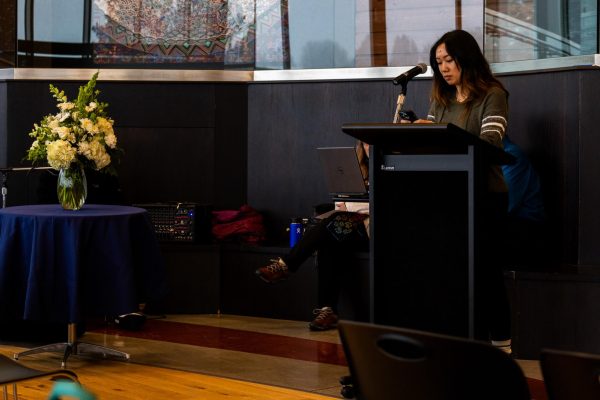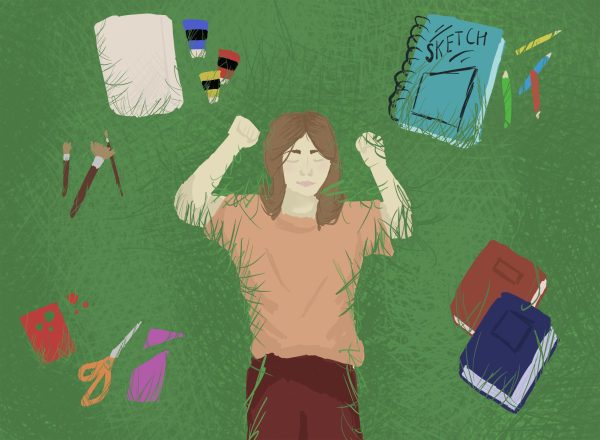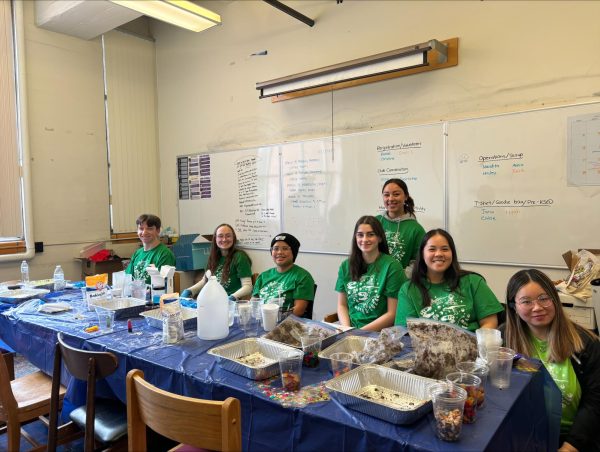Pharmacy students gain insight into COVID-19 vaccine distribution
Patterson student enjoys being on frontlines; COVID-19 vaccine recipients look forward to seeing grandchildren again
Patterson beleives it is important to reach out to the Latino community. At the clinic she works 80 percent of the community only spoke Spanish.
April 8, 2021
As the COVID-19 vaccine is being distributed more, pharmacy students in Spokane have been able to gain experience with a vaccine for a global pandemic, along with their original studies.
Shannon Patterson, third-year pharmacy student and operation immunization chair for the College of Pharmacy and Pharmaceutical Sciences, and got the position while she was in her second year of pharmacy school.
“We provide vaccines, usually just the flu vaccine in partnership with the Spokane Regional Health District,” she said. “I was selected into this position last year, obviously unaware of the COVID-19 pandemic and vaccine that was going to occur.”
When the vaccine finally became available, Patterson was able to get involved in the clinic’s distribution plans, she said.
Patterson said she helps set up clinics and finds volunteers from WSU’s College of Pharmacy and Pharmaceutical Sciences.
“In collaboration with College of Nursing, I plan COVID-19 events,” she said. “When organizations are planning clinics, we bring representatives to be able to vaccinate these patients.”
Patterson said she decided to go into the pharmaceutical field because she truly enjoys being a part of the health plan for her patients.
She gets a strong sense of community when working in the pharmaceutical field, and she felt like being a part of this field was a good fit for her, she said.
She enjoys being on the frontline and helping as many people as possible, she said.
“I think that’s always been one of my goals, so really being able to be accessible to many different people [has been great], as well as being able to have more conversations about things outside of just their medications and their disease states,” Patterson said.
Patterson said her favorite part of working with the vaccine was being able to set up a clinic and conduct vaccines in a local Mexican restaurant in Spokane, specifically reaching out to the Latino community.
At the clinic, about 80 percent of the community only spoke Spanish.
Patterson said she only knows a little bit of Spanish, but she was able to work with healthcare providers who are bilingual and provided her with a different approach to administering care with a language barrier.
“We haven’t had a clinic that specifically targets different diverse populations,” she said. “I think this is just utilizing equity as well as diversity within our community and really being able to provide it to as many people and giving access to everyone regardless of the language barrier.”
She said working with vaccines and in the clinics has changed her outlook on healthcare.
She has been able to have conversations with people and has heard how the vaccines have affected different people.
“That has affected me immensely this last semester,” Patterson said. “I’ve heard so many different stories and so many different experiences that it’s really made me slow down almost and think that this is happening in our day-to-day lives, and people aren’t talking about it.”
She said her experiences with the COVID-19 vaccine have changed how she will work as a healthcare provider in the future.
While Patterson sets up vaccination clinics, Sabrina Fischer works with the vaccine itself.
Fischer, third-year pharmacy student, volunteered as a pharmacy assistant in a hospital and was able to see the impact pharmacists have on the community.
She said she went into working with vaccines in fall 2020 before the COVID-19 vaccine came out. She has family members who have been affected by COVID-19, and she wants to help people avoid going through the same thing.
“I was doing drive-through clinics for things like flu, shingles, hepatitis, all that kind of stuff,” she said. “I figured if I could get as many people vaccinated as I could against the flu, they wouldn’t have the flu and COVID at the same time.”
Fisher said she was excited when the COVID-19 vaccine came out because she wants to protect herself, her family members and everyone around her.
“I’d be able to protect those around me that were older and immunosuppressed,” she said. “We could try to put an end to this pandemic, for the most part.”
She helped vaccinate the older community members in Spokane, and some of them were veterans as well.
Fischer also had the opportunity to work with cancer patients who were getting chemotherapy. She said she enjoyed being able to help them.
People contact her about their eligibility for the vaccine, and she helps them figure out what phase they are in for that, she said. Once they reach their phase, she helps them make appointments.
“I’m the one doing the poking,” Fischer.
Fisher said her favorite experience was being able to tell people they could receive the vaccine.
She said she had people coming in who were very thankful to be getting the COVID-19 vaccine.
“I had people who were just crying because they were so excited to be able to see their grandkids again,” she said. “I mean a lot of them hadn’t seen their grandkids in a year.”
*Editor’s note: This story has been updated from a previous version.


